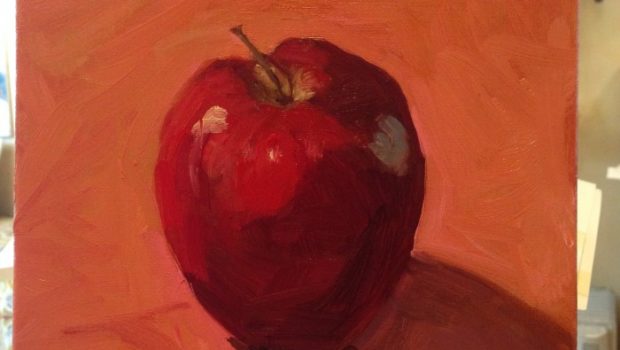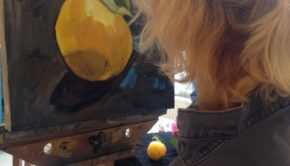Teaching English and Art
Many people decide to teach English as a Foreign Language and imagine themselves in front of a classroom of children teaching English. What many soon-to-be TEFL teachers don’t realize is that there are many opportunities in the TEFL field that do not actually involve teaching English.
Confused? Let us explain.
The majority of TEFL situations involve English-speaking teachers teaching English to students who do not speak English as their first or second language; it is a foreign language. These classes can take place in a non-English-speaking country (a high school in China, for example) or an English-speaking country (a language school in the UK). These classes involve teaching students from kindergarten to high school to adults.
In the non-English-speaking countries, though, many schools run an English immersion programme alongside their usual school classes. In other words, the school will offer a number of classes to their students which will be taught with English as the medium of instruction. So while there will be classes devoted to English language, there will also be classes on Science or Music which will be taught in English. Consequently, these schools need English teachers but they also need teachers of other subjects who can speak English.
For those TEFL teachers who are looking for a career change and are not teachers by degree but have an employment history quite unrelated to language teaching, this is good news. These teachers should not worry that their previous work experience will act against them because they do not have experience in teaching; in fact their previous employment will only add to their CV and make them more attractive to schools.
Which subjects are most commonly taught in English?
There are a wide range of subjects which are taught in English, from computer science to accounting to physical education – it all depends on the school – but one of the more popular subjects is Art. Art is a subject which is taught in many countries from kindergarten through to the end of high school. While it may seem like an easy subject to teach, Art lessons need to be creative and fun and it is beneficial for the school to have a teacher who has experience in the field.
At the lower levels, Art lessons can involve finger painting, drawing and puppet-making, but as the students get older the lessons get more technical, including sketching, oil painting, landscape or figure drawing, sculpture, ceramics, printing and even multimedia work. Plus, besides the practical work, there will also be a theoretical component as students are taught about theories of art and the history of art. As you can imagine, planning and implementing such lessons will take time and knowledge.
This is the reason why schools prefer teachers who have some experience in the field. This can be in the form of an art degree, the teacher can be a practising artist or even someone who has not officially studied art but has had art as a hobby for a number of years and has had art lessons at an art school. If you are able to prove this to your school, they should be happy to include you on their teaching team as the English Art teacher.
A word of warning, though: teaching a specific subject does not mean that you will neglect the English teaching aspect of your lessons. Your students will still need help with the language of your lessons, otherwise they won’t be able to pick up the content of your lessons. In the beginning or with younger students this may mean teaching language of instruction and with older or more advanced students this will involve teaching any jargon or specific terms related to the subjects. For Art this could be terms of instruments or techniques or description. However, this should not be the sole focus of your lesson but rather a way of ensuring comprehension.
Teaching English as a Foreign Language can involve teaching in a number of different contexts. Besides different teaching situations, this can also mean teaching other subjects besides English. If you have experience or education in a field besides English, use this to your advantage and try to find a job that will merge both your talents. It will benefit not only you but your students too.
- CLIL, ART and TEFL - August 31, 2016
- Teaching English and Art - August 31, 2016
- 3 WAYS TO INTRODUCE DOGME INTO YOUR EFL CLASSROOM - April 4, 2016

















